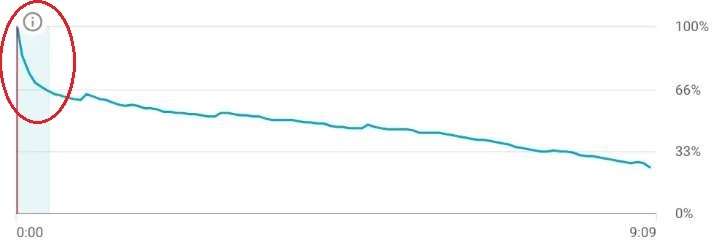Great communicators have great intonation. Now you and your team can, too.
Learn the pitch patterns that make ideas resonate and keep people listening
Elite communicators—the top 1%—use voice modulation to help listeners grasp their meaning and follow along easily.

Their pitch patterns create phrases, sentences and paragraphs, a bit like punctuation does. Punctuation, however, is nowhere near as detailed and effective as intonation.
The skill level of the 1% gives them a huge competitive advantage.
But now linguists have figured out how communicative intonation works. That's part of the reason why computer voices have improved since the days of Stephen Hawking's robotic voice.
We're using recent breakthroughs to help the 99% sound like the 1%. We're leveling the playing field and reducing the competitive advantage.
So if you communicate for a living, or lead those who do, slow down, stop scanning quickly, and carefully explore this niche innovation in communication skills training.
Why you need intonation training

Listeners have higher standards than you think
During the first 15 seconds of most videos, the audience drop-off rate is frightening (see graph). Listeners are hearing the presenter's voice for the first time and are making a snap judgment whether to stay or leave. Many leave because they have high standards for speakers.
Why their standards are so high
Listeners' expectations have been formed by listening to the top 1% of communicators. They're used to hearing the 1% broadcasting the news, narrating documentaries, and teaching on the top Youtube channels. As a result, they expect you also to have clear, communicative intonation.


The listener is always right
Don't confuse conquering a fear of public speaking with being good at public speaking. They're different. Many people have no fear of singing karaoke—but sound awful. You're only a good speaker if you can hold the attention of listeners who are free to leave. That's why you need intonation training.
Here's what a communicative voice will do for you
- you'll sound like you have a mastery of your material
- you'll sound engaged and confident
- you'll like the sound of your recorded voice
- you'll save time when recording because you'll make fewer intonational mistakes
- you'll also save time editing because there will be fewer intonational mistakes to edit out
- on average you'll improve key metrics, including audience retention rates and conversion rates
- you'll be able to read a script as communicatively as a newscaster
- you'll have the conceptual tools to evaluate your intonational performance and that of others
© 2024 Jobspeak Training
Privacy policy | Terms of use